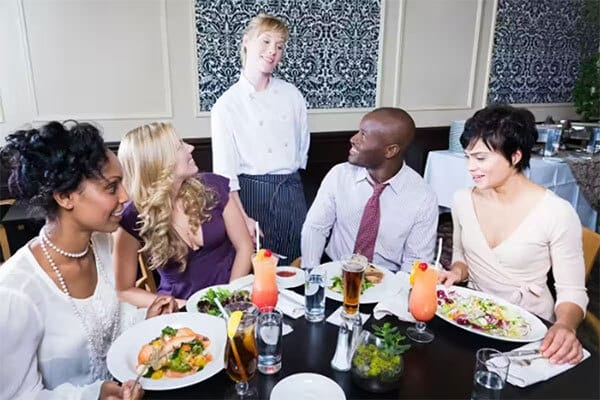- the Upworthiest
- Posts
- New Post
New Post
In an Upworthy exclusive, Gibb shares how Dylan inspired his music and gave his generation a voice for peace.
By Tod Perry
In 1962, the Australian Army began its formal military commitment to the U.S war in Vietnam. Two years later, young men were required to register for the National Service scheme and forced to fight in a bloody war that would enlist over 80,000 Australians. Over the next 11 years, 523 Australians died in battle and nearly 2400 were wounded before the country withdrew.
The fear of being sent to Vietnam to kill or be killed for the government struck fear into the hearts of many young Australians in 1963. That’s why three teenage boys, Barry (17), Robin (14), and Maurice (14) Gibb, The Bee Gees, took their big moment on Australian TV to speak truth to power by singing Bob Dylan's “Blowin’ in the Wind.” The Bee Gees were relative unknowns that night on Bandstand, but by the end of the decade, they would be among the biggest acts in the world.
Trusted by millions. Actually enjoyed by them too.
Morning Brew makes business news something you’ll actually look forward to — which is why over 4 million people read it every day.
Sure, the Brew’s take on the news is witty and sharp. But the games? Addictive. You might come for the crosswords and quizzes, but you’ll leave knowing the stories shaping your career and life.
Try Morning Brew’s newsletter for free — and join millions who keep up with the news because they want to, not because they have to.
Sometimes an apology is actually a "non-apology."
By Evan Porter
We're all human. We all screw up from time to time, and sometimes, unfortunately, our mistakes hurt people. That's why learning to take accountability for our actions and own up with a proper apology is an important skill for everyone to learn.
Sadly, not everyone is good at it. Or, rather, not every apology is created equal. Some people are bad at apologizing because they're embarrassed or ashamed, but others just can't muster up the sincerity to genuinely say, "I'm Sorry" — because they're not. It's important to be able to recognize when someone's not really apologetic and has no intention of changing their behavior any time soon, and it's crucial to learn how to respond in those situations.
You can be practical and polite at the same time.
By Tod Perry
We’ve all been there: you’re out at a restaurant with 10 other people for a birthday party, you’re famished, and your food arrives. However, you’re first, and it could be 10 minutes before everyone at the table, especially the guy who ordered the meatloaf, will get their food. What do you do? Appear to be rude and start scarfing down your chicken fettuccini, or let the noodles slowly grow cold while you wait for every dish to arrive?
Some say that if there are six or fewer at a table, wait for everyone to arrive. Others say that you must always wait for everyone to be served unless it's a buffet or a large gathering, such as a wedding. Miss Manners believes that in situations where you order something cold, such as a salad, you must wait for those who ordered a hot meal to give you permission to eat.
"One of my favorite tricks for keeping a conversation flowing"
Socializing often requires small talk, but many people hate it because it can feel forced and unnatural. However, using one simple phrase may be the key to making small talk flow more smoothly.
In a discussion about social skills on Reddit, people explored how to make small talk easier by using a simple four-word phrase recommended by Patrick King, author of Better Small Talk: Talk to Anyone, Avoid Awkwardness, Generate Deep Conversations, and Make Real Friends.
"One of my favorite tricks for keeping a conversation flowing is to use the phrase 'It reminds me of...' because it lets you jump from one topic to a whole range of others seamlessly," one person noted.






